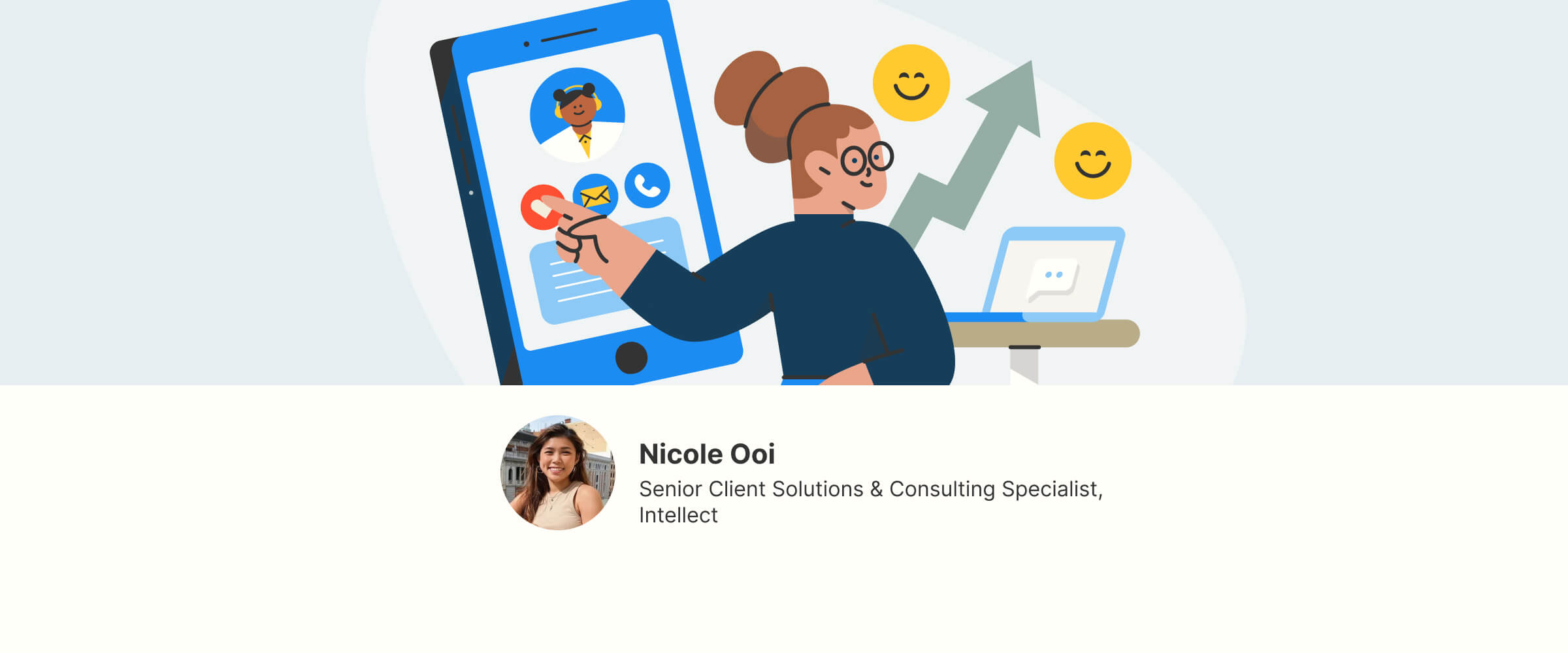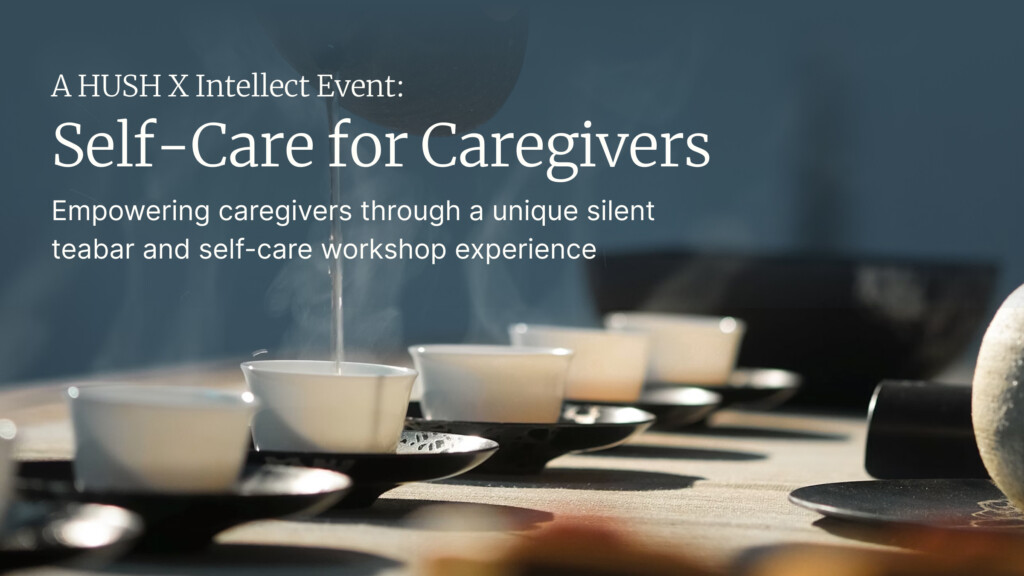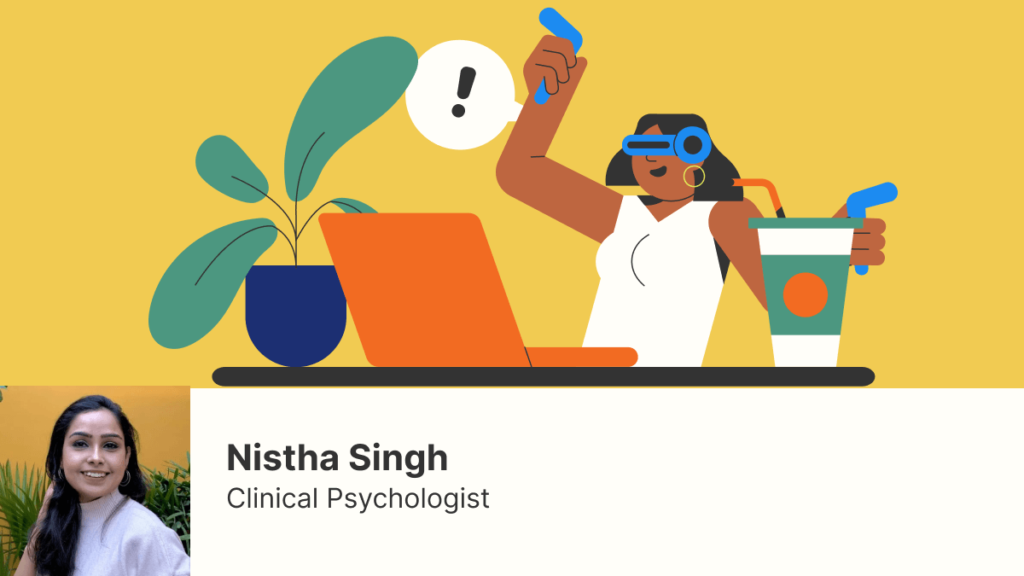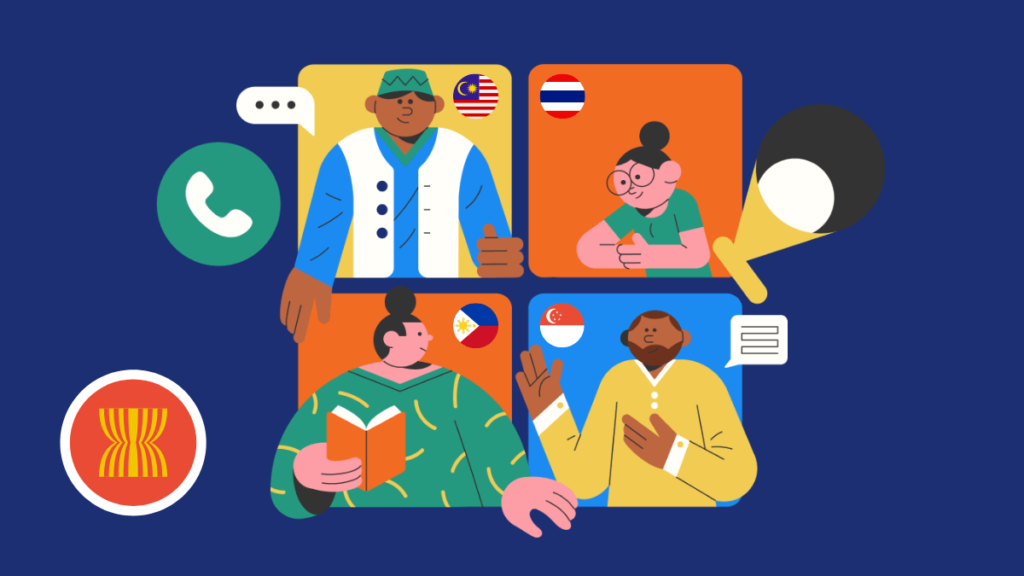A survey Channel News Asia (CNA) conducted in 2022 found that 66% of Singaporeans were concerned about mental health stigma. Though we’ve taken slow but sure strides to destigmatise mental health conversations at work, a lot more work has to be done.
The American Psychiatric Association defines stigma as negative and unfair attitudes towards certain individuals or groups. Stigma places shame on an individual for their perceived difference and worse, deters them from seeking the support they need.
To shed more light on the topic, Intellect conducted a webinar entitled Tackling the Taboo: Confronting Stigma Surrounding Mental Health, led by our very own Senior Client Solutions and Consulting Specialist, Nicole Ooi.
What causes mental health stigma?
Mental health stigma is not only a product of social contexts; it can also originate from within oneself and institutions.
| Public stigma | Negative or discriminatory attitudes others have about mental illnesses. |
| Self stigma | Negative attitudes, including internalised shame, that people with mental illness have about their own condition. |
| Institutional stigma | Systemic attitudes involving policies of government and private organisations that limit opportunities for people with mental illnesses. |
At a personal level, mental health stigma often stems from a lack of education and awareness, as well as misconceptions perpetuated by social media and entertainment. Negative self-perceptions like “I’m weak,” “I’m not good enough,” or “I’m crazy” also reinforces this stigma.
Externally, mental health stigma is influenced by social, societal, and cultural factors. As Nicole pointed out, these are particularly noticeable in Asian organisations, where mental health conditions may traditionally be associated with a perceived lack of resilience, self-control, and family support.
“They don’t really see it for what it is, which could be a variety of genetic and environmental causes, or even trauma. And just like physical conditions, it shouldn’t be a shameful matter,” she said.

Stigma may lead to microaggressions
Unlike overt discrimination, microaggressions are subtle behaviours that communicate hostility. These are a lot more common in the workplace precisely because they are so indirect.
Examples of microaggressions include:
| Telling a bereaved team member that “time heals” and “it will get better”. | This simplifies the person’s struggle and implies that there’s an easy solution they just haven’t found yet. |
| Telling your team member with a diagnosis that “it’s all in your head”. | This invalidates someone’s mental health challenges, downplaying their experiences. |
We know what you’re thinking. These sound like positive statements, right? Granted, well-meaning coworkers aren’t trying to minimise their team member’s feelings. However, it can come across that way when the latter is in a vulnerable state. Such “dismissive” attitudes trivialise mental health conditions and treat them as obstacles one can simply overcome.
In workplaces with prevalent mental health stigma, employees may face difficulties in work and social relationships, and they may be less likely to seek support or continue treatment. This highlights the need for a proactive approach to destigmatising mental health, as guided by the following tips:
How individuals can destigmatise mental health
1. Educate yourself
Mental health is a highly subjective experience, and fostering inclusivity begins with comprehending the various causes and triggers that affect mental well-being.
| Causes | Underlying factors that play a role in the development of a mental health condition, encompassing genetic predispositions and environmental influences. |
| Triggers | External events or circumstances that can intensify or aggravate the symptoms of an existing mental health condition. |
An employee battling undiagnosed anxiety can be triggered by stressful work situations such as tight deadlines or long working hours, while an employee with a dysfunctional family who yearns for stability may react negatively towards sudden organisational or role changes. Being able to differentiate causes from triggers enables us to point team members towards a coach, counsellor, or psychotherapist accordingly.
Here are some resources Nicole recommends for individuals who wish to educate themselves and others about mental health:
| Social media | @therapyjeff and @melissaparkssays |
| Books | Nobody’s Normal: How Culture Created the Stigma of Mental Illness by Roy Richard Grinker |
| Podcasts | The Hardcore Self Help Podcast with Duff the Psych, The Psych Hub |
2. Raise awareness
Raising mental health awareness requires a flexible approach because what works best for one community may not for another. For example, on social media, you could check in with your friends or create a safe space for others to share. The anonymity provided by social media can be particularly valuable for those who are silently struggling. Or, you could share resources that offer factual information rather than perpetuate stereotypes with your audience.
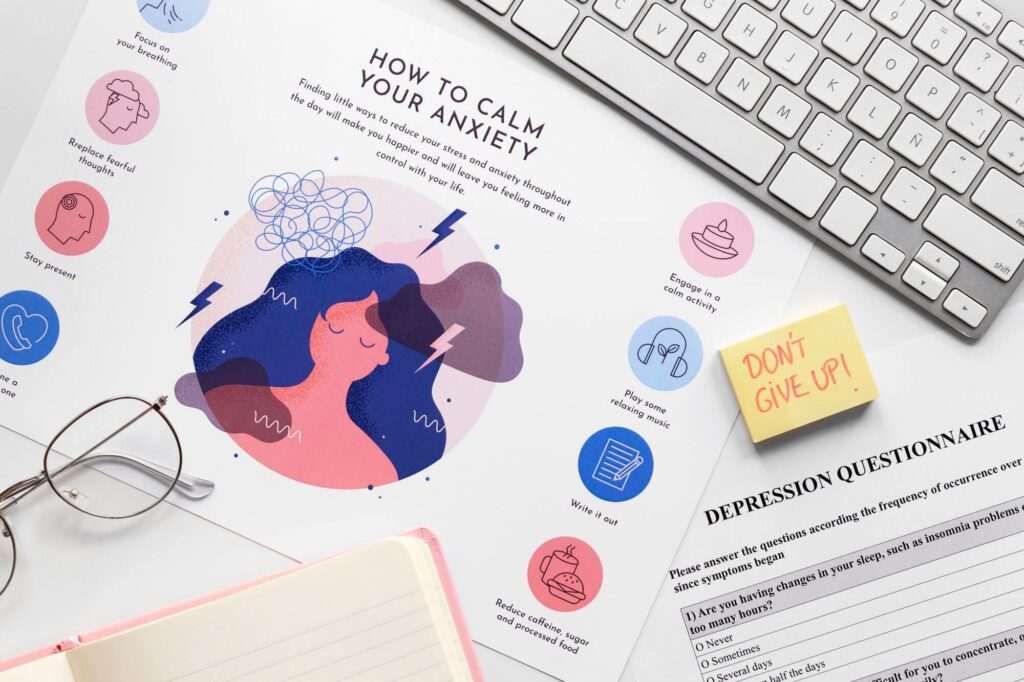
At work, Nicole emphasised the significance of managers leading by example and openly discussing mental health.
“As a manager, having wellbeing check-ins beyond your normal one-on-ones and weekly team meetings gives people the opportunity to talk about their struggles, not feel like they have to focus on operations, deadlines, and updates.”
Furthermore, engaging employees in mental health events, such as Intellect’s upcoming Mental Health Festival 2023 and Beyond the Label by the National Council of Social Services’ (both taking place in Singapore in September 2023), can be beneficial.
3. Mind your language
We may not be aware but certain words to which we’ve grown accustomed may alienate individuals or sensationalise their experiences, explained Nicole.
“For example, when we casually call a friend crazy, it may be fine [to them]. But if you’re talking about somebody who’s really facing a mental health issue or concern, ‘crazy’ or ‘insane’ are really not great words to be using.”
By redirecting our language to be sensitive, empathetic, and compassionate, we can create an environment where those facing mental health challenges feel more comfortable around us. Here are some examples of more inclusive alternatives to practise in your day-to-day interactions:
| Stigmatising language | Substitutes |
| Crazy Insane | Challenged Struggling |
| Psycho Mentally ill | Person with a mental health condition Person experiencing mental health challenges |
| Retarded | Person with an intellectual disability |
| Mental patient Mental institution | Patient receiving mental health care Mental health facility |
| Suicidal person Committed suicide | Died by suicide |
“You may notice that in all of these, we try to put the person first. We’re really considering them and their humanity as well,” she said.
4. Initiate contact
At the heart of breaking both public and self-stigma lies the act of initiating interaction. A great way to begin is by volunteering at organisations such as the Silver Ribbon, Institute of Mental Health, or Singapore Association for Mental Health.
In response to the pandemic, Singapore has also implemented social prescriptions, connecting individuals within the community to address social issues early on, preventing them from worsening and impacting health. To date, this initiative has benefitted nearly 1000 individuals.
Another approach involves seeking out different perspectives by engaging in conversations with people from various backgrounds and being open-minded, willing to learn from them.
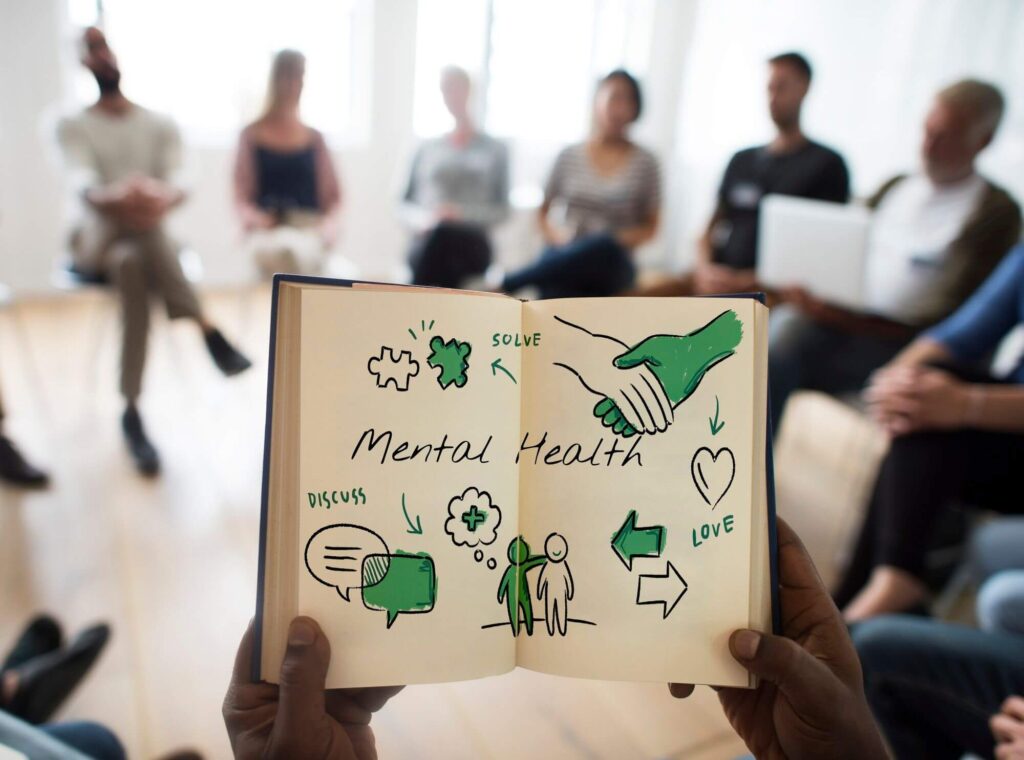
We can start implementing this practice within our workplaces to support team members who may be facing challenges. Often, that means temporarily setting aside our problem-solving mode.
“It’s quite common to respond with advice like: Have you tried this? How about doing this? Have you talked to so-and-so? Maybe you should do this instead. But that’s not what we want to do,” said Nicole.
Instead of offering solutions right away, our initial focus should be on extending support and encouraging them to consider seeking professional help. This could sound like:
“I’m really sorry to hear that you’ve been struggling with this for a while. Have you considered exploring some of the available services?”
Afterwards, checking in with simple questions like “How are you?”, “How’s your workload?”, or “How can I help?” can help us maintain the relationship and provide ongoing support.
How Intellect can help
Intellect has helped organisations battle mental health stigma in two ways.
The first is a top-down approach. Through coaching, Intellect can aid company leaders in recognising their own biases and implementing policy-level changes. Coaching helps managers foster psychological safety and promote diversity, equity, and inclusion within their teams.
The second is a bottom-up approach, which helped ShopBack establish a culture of cooperative mental health support for over 700 employees. Intellect’s latest offering, Mental Health First Aid, further equips employees to be the first line of defence against wellbeing challenges.
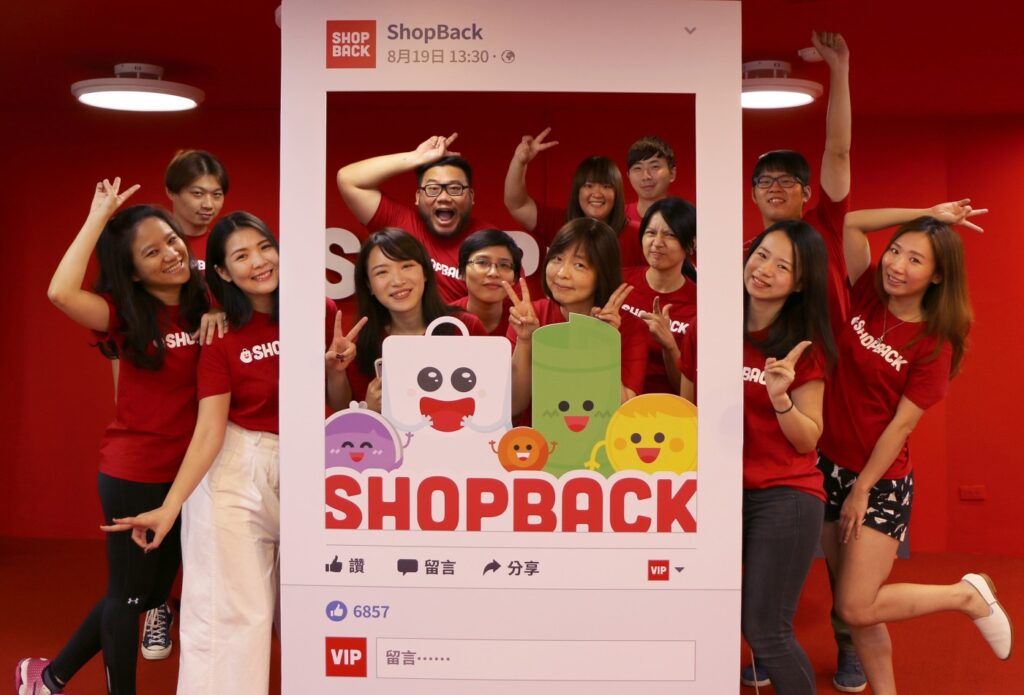
Explore Intellect’s solutions for the modern workplace here.
If you liked this article, you may also enjoy:
How (and how not) to support bereaved employees, according to psychologists
Ask a coach: How can I talk to my manager about my mental health?
How managers can talk to employees about their mental health


